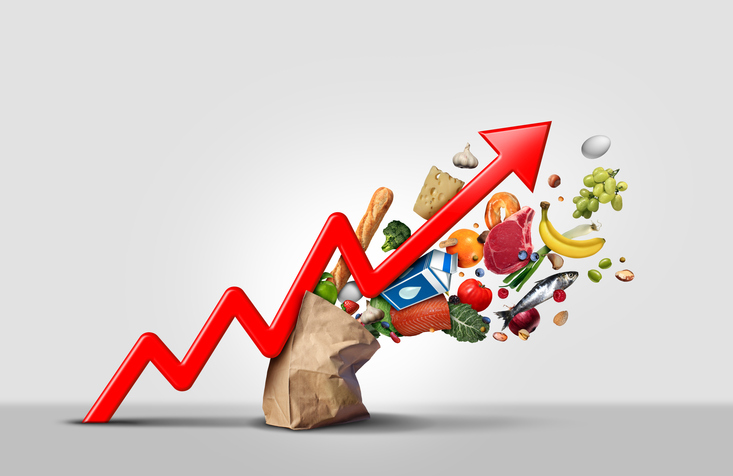(The Center Square) – Newly released federal data showed that inflation continues to rise in the U.S.
The Bureau of Economic Analysis released its Personal Consumption Expenditures marker Thursday, showed inflation rose 0.2% in January, more than many experts had previously expected.
“Core PCE inflation picked up a lot in January,” Harvard Professor Jason Furman wrote on X, formerly known as Twitter, adding that the figure was “high relative to what might have been hoped a month ago.”
“Prices for services increased 0.6 percent and prices for goods decreased 0.2 percent. Food prices increased 0.5 percent and energy prices decreased 1.4 percent,” BEA said. “Excluding food and energy, the PCE price index increased 0.4 percent.”
Inflation soared at the beginning of President Joe Biden’s term in office. The increase in prices has significantly slowed, but is still not rising as slowly as many experts hoped. At the same time, lower inflation does not mean prices decreased to their pre-inflation levels.
It only means prices are rising more slowly than before, meaning many Americans are paying far more for a range of goods and services than they were just a few years ago.
Another federal marker, the Consumer Price Index, has shown prices have risen more than 17% since Biden took office.
The PCE marker rose 2.4% in the previous 12 months.
Prices for services increased 3.9 percent and prices for goods decreased 0.5 percent. Food prices increased 1.4 percent and energy prices decreased 4.9 percent. Excluding food and energy, the PCE price index increased 2.8 percent from one year ago.
Originally published by The Center Square. Republished with permission.
For more from Budget & Tax News.
For more public policy from The Heartland Institute.
